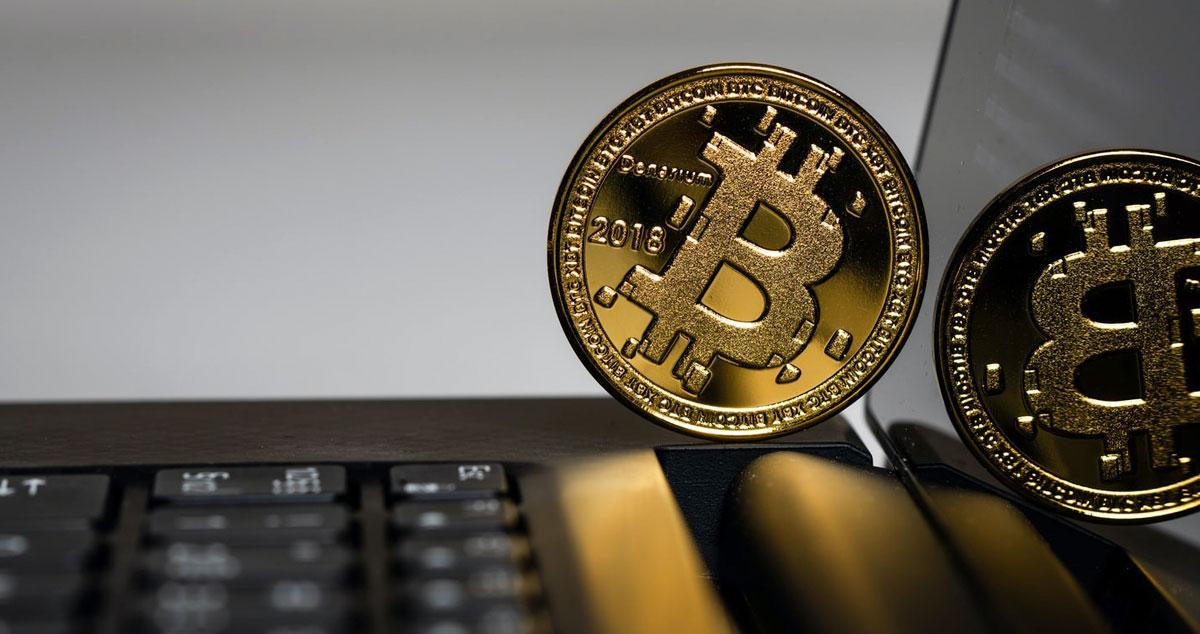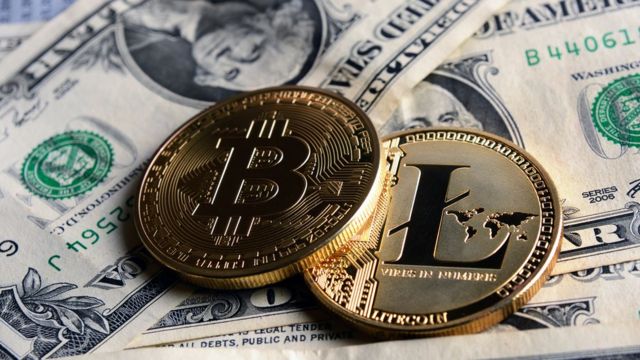COLPROCE through its social network Twitter expressed, its position before the recent law that adopts the legal use of the "cryptocurrency" Bitcoin, for which it makes the following considerations:
- The conversation of the Bitcoin, of cryptocurrency or digital currency of legal tender, was approved without having studies that demonstrate its viability and its belonging for the national economy.
- As it happened with the Ley de Integración Monetaria, approved in December 2000, which opened the way for the population to dollarization, the current Government did not consult the different sectors of the national life to make a decision that radically modifies the monetary and exchange system of the country.
- Most experts in monetary and financial economics, both in the country and abroad, consider that adopting Bitcoin as a legal tender puts economic stability at risk, especially due to its exchange volatility and its use in illicit operations, since the monetary authorities cannot determine the legal nature of the transactions. Bitcoin could generate financial bubbles and turn El Salvador into a tax haven.
- Although digital currencies facilitate economic transactions, the exchange rate of Bitcoin with the dollar is very volatile because it depends on its evolution in the market, where there are very pronounced variations in the short term. As Bitcoin is used for speculative transactions, it does not guarantee its productive use or the stability of income and savings of individuals, companies and the State.
- By giving Bitcoin the functions of money (unit of account, means of payment and store of value), it can generate price hikes that alter the monetary and financial equilibrium enjoyed by the national economy, given its constant with respect to the dollar. In addition, the State does not have the resources to develop Bitcoin.

- As Bitcoin is a currency not issued by a monetary authority, it cannot be used for lawful international transactions, as it is not legally adopted by any other state. However, it could be used to promote illegal trade and money and asset laundering.
- The approval of the Bitcoin Law takes place in the context of a fall of the State Capital Expenditure (-49.6%) until april, of little dynamism of the private investment (credit until April barely grew (1%) and of excessive increase of the public debt, since it is around 90% of the Gross Domestic Product (GDP) 85% of the National Disposable Income. These economic ills, which are not of a monetary nature, are aggravated by the lack of policies to reactivate the productive fabric.
- The Law was also approved in a context of negotiation with the International Monetary Fund (IMF), institution that pointed out the risks of the measure and suggests controls to the new currency. Salvadoran bonds are already falling and the country risk could increase.

- In order to develop the economy, a stable monetary system is needed, as the one El Salvador already has. But even more important is to strengthen the productive apparatus, generate confidence in economic agents and encourage public and private, national and foreign investment. This should be the primary objective of the economic authorities, to which the Bitcoin Law, which has generated much uncertainty about the economic direction of the country, does not contribute.
- We suggest that the Legislative Assembly repeal the Bitcoin Law and promote a space for discussion with all social and economic sectors, to reach an agreement on the most appropriate economic and social policy for the country, especially regarding public finances and debt, monetary and financial aspects, measures for economic recovery, employment generation, increasing the income of the population and poverty reduction.

 English
English  Español
Español 
